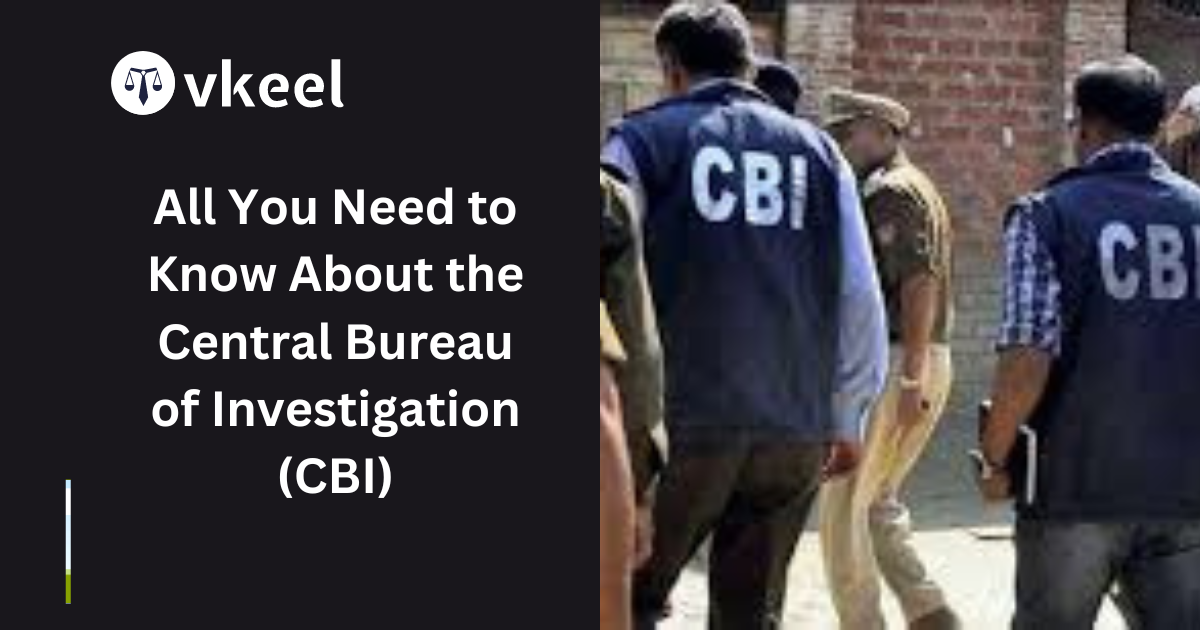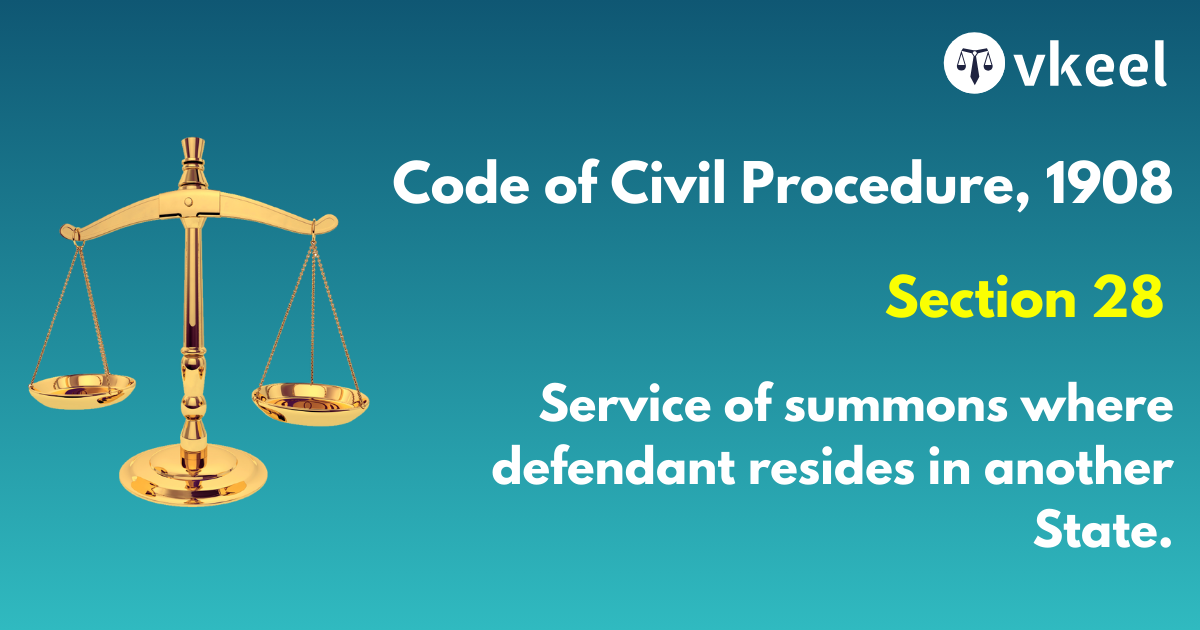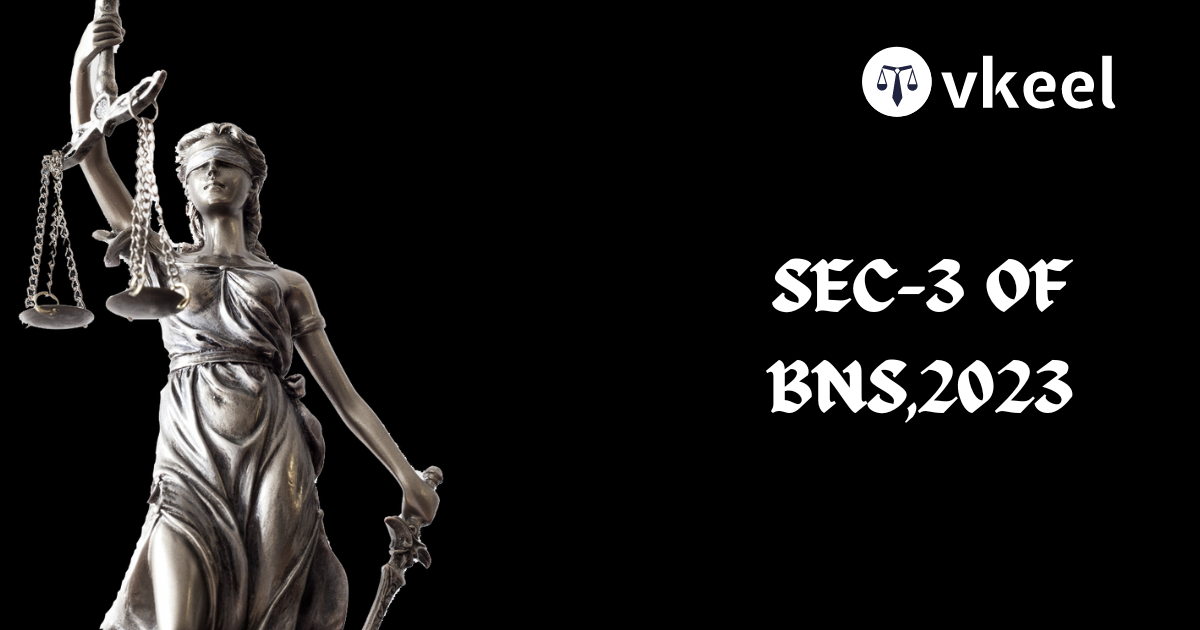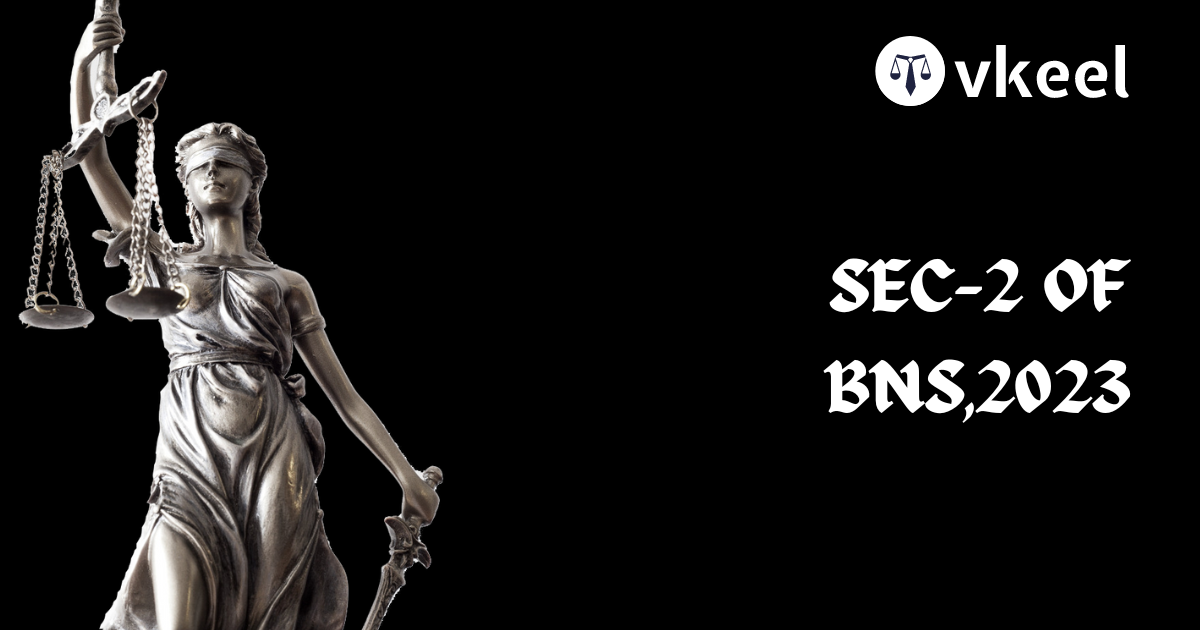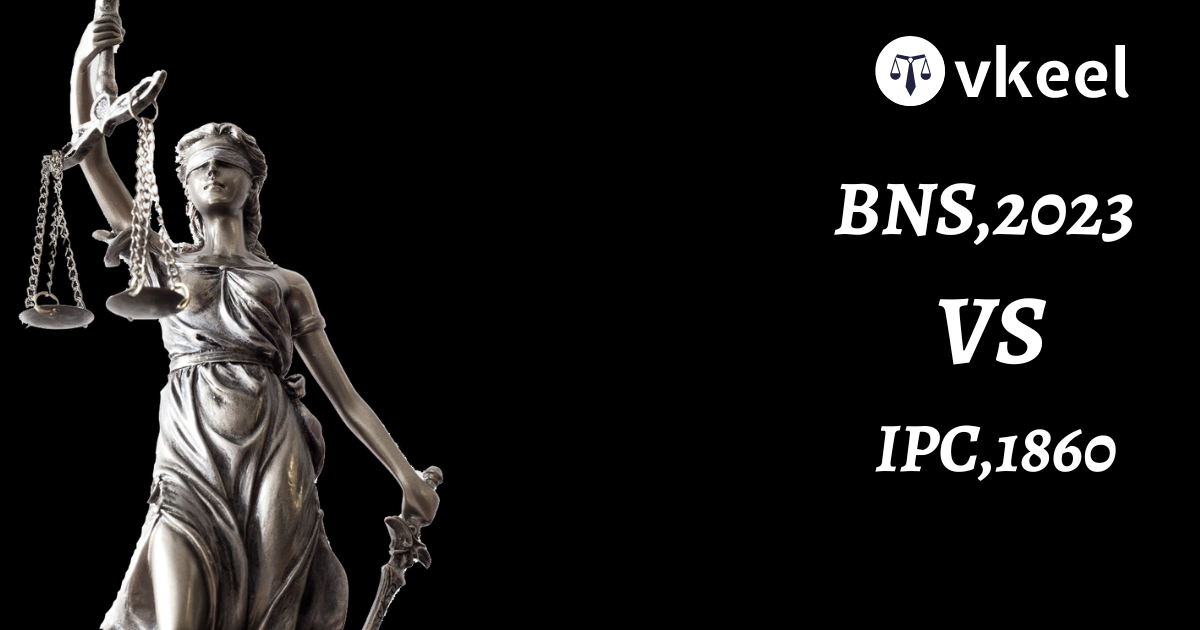All You Need to Know About the Central Bureau of Investigation (CBI)
By Himanshu Kumar
Table of Contents
Introduction
The Central Bureau of Investigation (CBI) is India’s premier investigative agency, responsible for investigating a wide array of criminal cases, including corruption, economic offenses, and serious crimes. Over the years, the CBI has garnered a reputation for its meticulous and unbiased investigations.
The primary objective of the Central Bureau of Investigation (CBI) is to uphold the rule of law in India by investigating and prosecuting cases of corruption, economic crimes, and other serious offenses that have inter-state or international ramifications. Established initially to address corruption in procurement during World War II, the CBI has evolved into the premier investigative agency of India, tasked with maintaining integrity in public administration and ensuring accountability among public servants. Its mandate includes investigating complex and high-profile cases, such as large-scale financial frauds, organized crime, and high-profile political scandals, thereby playing a crucial role in maintaining the credibility of governmental institutions and the democratic process.
Additionally, the CBI aims to provide a professional and impartial investigative service that meets international standards. This includes fostering cooperation with international law enforcement agencies to tackle transnational crime and leveraging advanced forensic and investigative technologies. By ensuring thorough, unbiased, and timely investigations, the CBI seeks to build public trust in the criminal justice system. Furthermore, through its anti-corruption and vigilance functions, the CBI endeavors to create a deterrent effect, promoting ethical conduct in public life and contributing to a transparent and accountable governance framework.
Historical Background
The CBI traces its origins to the Special Police Establishment (SPE), which was established in 1941 during World War II to investigate cases of corruption in war-related procurements. After India gained independence, the need for a central agency to tackle corruption and other high-profile cases became apparent. Thus, in 1963, the CBI was established by a resolution of the Ministry of Home Affairs, with the mandate to investigate offenses across state boundaries and those involving public officials.
The legal foundation of the CBI was laid down by the Delhi Special Police Establishment (DSPE) Act, 1946, which granted the agency the power to investigate cases in union territories and, with the consent of the state governments, in states as well.
Structure and Organization
The CBI is headquartered in New Delhi and is headed by a Director, who is usually a senior Indian Police Service (IPS) officer. The agency is divided into several divisions, each specializing in different areas of investigation:
- Anti-Corruption Division: Handles cases of corruption and bribery involving public officials and employees of the central government and public sector undertakings.
- Economic Offenses Division: Investigates complex financial crimes, including bank frauds, financial scams, and money laundering.
- Special Crimes Division: Deals with serious crimes such as murder, kidnapping, and terrorism.
- Cyber Crime Division: Focuses on cyber crimes, including hacking, cyber fraud, and digital piracy.
- Interpol Wing: Facilitates international cooperation in criminal matters and acts as the liaison for Interpol in India.
Jurisdiction and Powers
The CBI’s jurisdiction extends to all union territories and, with the consent of the state governments, to the states. Its powers and functions include:
- Investigation of Crimes: Investigating serious crimes, economic offenses, and corruption cases.
- Prosecution: Filing charge sheets and representing cases in courts.
- Advisory Role: Advising and assisting state police forces in complex investigations.
- International Cooperation: Collaborating with foreign law enforcement agencies in transnational crimes.
The CBI operates under the legal framework provided by the DSPE Act, 1946, which outlines its powers and the process for obtaining state consent for investigations.
Key Amendments and Legal Provisions
1. Delhi Special Police Establishment (Amendment) Act, 2003
This amendment introduced significant changes to the selection process of the CBI Director, ensuring greater transparency and independence. A high-powered committee comprising the Prime Minister, the Leader of the Opposition, and the Chief Justice of India or a judge nominated by him was established to recommend the appointment of the Director.
2. Lokpal and Lokayuktas Act, 2013
The Lokpal and Lokayuktas Act aimed to enhance the accountability and integrity of public officials. It provided for the establishment of the Lokpal, an anti-corruption ombudsman, with the power to refer cases to the CBI. The Act also mandated the creation of independent Complaints Authorities at the state and central levels to oversee the CBI’s functioning.
3. Whistle Blowers Protection Act, 2014
This Act provides a mechanism to protect whistleblowers who expose corruption and wrongdoing within government departments and public sector enterprises. The CBI is one of the agencies tasked with investigating complaints received under this Act.
Significant Case Laws
1. Vineet Narain & Others v. Union of India (1997)
This landmark judgment, also known as the Jain Hawala case, led to significant reforms in the functioning of the CBI. The Supreme Court emphasized the need for the CBI’s independence from political interference and laid down guidelines for the appointment of the Director, ensuring a fixed tenure to prevent undue influence.
2. Subramanian Swamy v. Director, CBI (2014)
In this case, the Supreme Court ruled that the government must seek the prior approval of the Central Vigilance Commission (CVC) before removing the CBI Director. This judgment reinforced the autonomy of the CBI and protected the Director from arbitrary removal.
3. C.B.I. v. Rajesh Gandhi (1997)
This case clarified that the CBI’s jurisdiction extends to investigating cases against high-ranking officials and public servants, highlighting its role in maintaining accountability and combating corruption at the highest levels.
Major Cases Handled by CBI
1. Bofors Scandal
The Bofors scandal involved allegations of kickbacks in a defense deal between India and the Swedish arms manufacturer Bofors. The CBI investigated the case, which implicated several high-profile individuals, including politicians and defense officials.
2. 2G Spectrum Case
The 2G spectrum case was one of India’s largest corruption scandals, involving the allocation of telecom licenses. The CBI’s investigation led to the prosecution of several politicians and businesspersons, highlighting the agency’s role in tackling high-profile economic offenses.
3. Vyapam Scam
The Vyapam scam involved massive irregularities in the recruitment process for various government jobs and professional courses in Madhya Pradesh. The CBI took over the investigation following allegations of large-scale corruption and numerous suspicious deaths linked to the scam.
Challenges Faced by the CBI
1. Political Interference
One of the most significant challenges the CBI faces is political interference, which can undermine its independence and credibility. Despite legal safeguards, there are instances where political pressure influences the agency’s functioning.
2. Resource Constraints
The CBI often operates with limited resources, including manpower and technological infrastructure, which hampers its ability to conduct thorough and timely investigations.
3. Jurisdictional Issues
The requirement for state consent to investigate cases within states can limit the CBI’s effectiveness, especially in politically sensitive cases where state governments may withhold consent.
4. Accountability and Oversight
While the CBI’s independence is crucial, there is also a need for robust mechanisms to ensure accountability and prevent abuse of power. Balancing independence with effective oversight remains a challenge.
Recommendations for Strengthening the CBI
1. Enhanced Autonomy
To ensure true independence, the CBI should be granted statutory autonomy, reducing its dependence on the executive branch for appointments and funding.
2. Adequate Resources
The government should allocate sufficient resources to the CBI, including modern investigative tools, forensic facilities, and training programs to enhance its capabilities.
3. Streamlined Procedures
Simplifying the process for obtaining state consent and expanding the CBI’s jurisdiction to investigate inter-state crimes without unnecessary bureaucratic hurdles can improve its efficiency.
4. Strengthened Oversight Mechanisms
Establishing an independent oversight body, similar to the Lokpal, to monitor the CBI’s functioning and address grievances can ensure accountability while maintaining the agency’s autonomy.
Conclusion
The Central Bureau of Investigation (CBI) plays a pivotal role in India’s criminal justice system, investigating complex and high-profile cases across the country. Its history, structure, and functioning reflect its evolution into a premier investigative agency. However, the challenges of political interference, resource constraints, and jurisdictional limitations highlight the need for continued reforms.
Significant legal provisions and landmark case laws have contributed to shaping the CBI’s role and ensuring its independence. Moving forward, enhancing the CBI’s autonomy, resources, and accountability mechanisms will be crucial in enabling the agency to fulfill its mandate effectively and uphold the rule of law in India. By addressing these challenges, the CBI can continue to serve as a cornerstone of India’s efforts to combat corruption, economic offenses, and serious crimes, ensuring justice for all citizens.
Disclaimer:
The information provided in the article is for general informational purposes only, and is not intended to constitute legal advice or to be relied upon as a substitute for legal advice. Furthermore, any information contained in the article is not guaranteed to be current, complete or accurate. If you require legal advice or representation, you should contact an attorney or law firm directly. We are not responsible for any damages resulting from any reliance on the content of this website.

